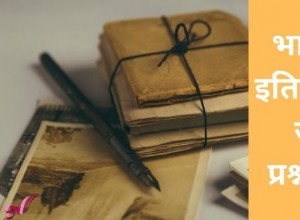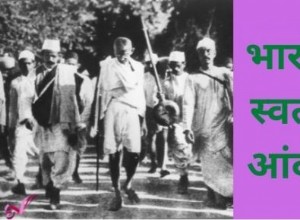India in the eighteenth century Lord William Bentincks full name William Henry Cavendish Bentinck was. He was born on September 14, 1774 in Londons Bulstrode , Buckinghamshire Happened in. Her father was William Bentinck, the former Prime Minister of Britain. At the age of 16, William Bentinck join




